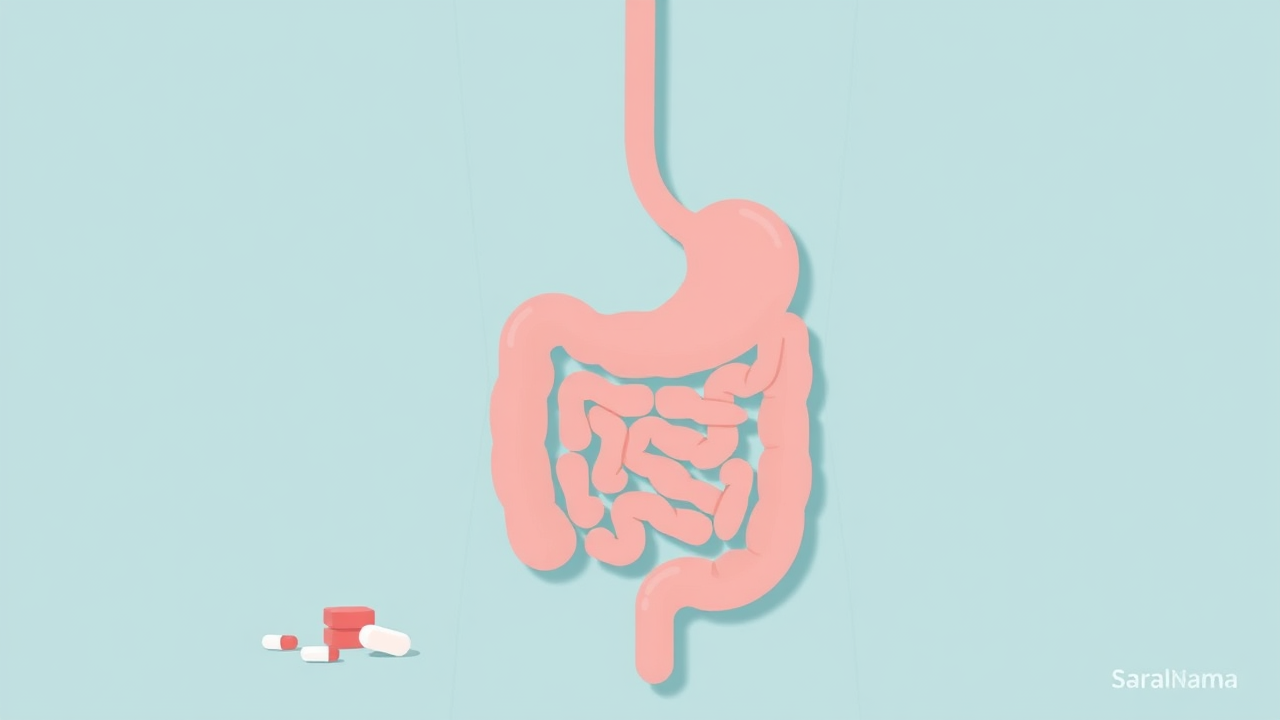Nutritionist Amita Gadre shared a concerning experience after meeting a friend who developed painful fissures while using injectable weight loss drugs. The friend had suffered constipation as a side effect, which progressed to fissures—a consequence rarely discussed. Medical experts warn that such medications, particularly GLP-1 drugs, slow digestion to promote fullness but also harden stools by increasing water absorption in the intestines. This leads to severe constipation, bleeding, and painful bowel movements. While these injections can help individuals with morbid obesity, unsupervised use poses serious risks. Doctors emphasize that weight loss should not come at the cost of daily comfort and health. Proper medical guidance, balanced nutrition, adequate hydration, and fiber intake are essential. Self-medicating or increasing doses without supervision can result in dangerous complications, including low blood sugar and long-term digestive problems. Consultation with healthcare professionals is crucial before starting any weight loss medication.

Weight Loss Drugs Can Cause Severe Digestive Problems
Injectable weight loss medications, especially GLP-1 drugs, work by slowing down how food moves through the stomach and intestines. This mechanism helps people feel full longer and eat less, aiding weight reduction. However, it also extends digestion time, allowing more water to be absorbed from stool, making it harder and drier. The result is severe constipation, which can progress to painful fissures, bleeding, and even piles. Experts note that many users initially blame age or hormonal changes, not realizing the medication is the actual cause. Without proper medical and nutritional guidance, these side effects can make everyday life extremely difficult, negating any benefits from weight loss.
Source: Link
